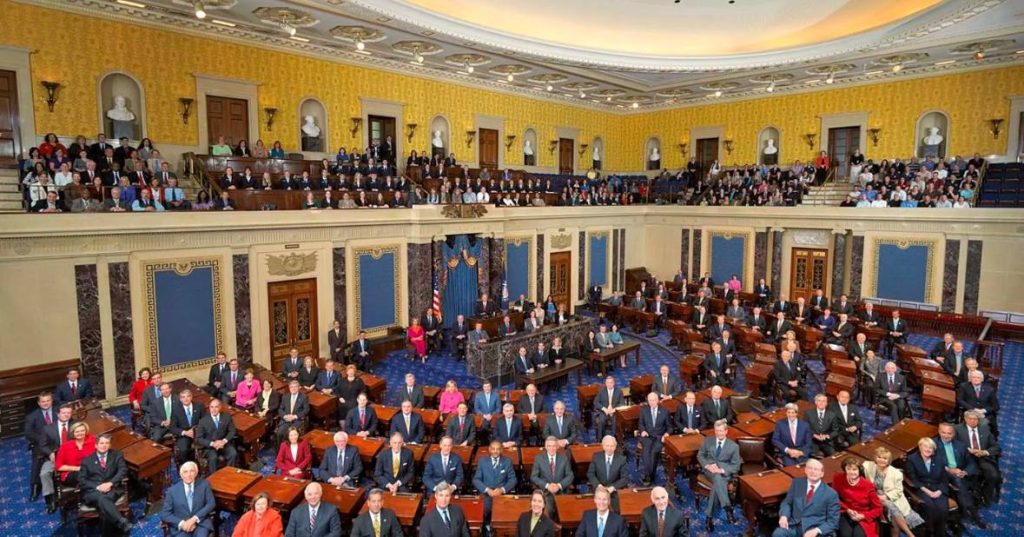After weeks of back-and-forth negotiations, the U.S. Senate on Monday officially began voting on a sweeping new federal spending package, controversially dubbed the “Big Beautiful Bill,” a name coined by its Republican sponsors to reflect its broad scope and political ambition.
The bill, estimated at over $1.2 trillion, covers a wide range of national priorities including infrastructure upgrades, military spending, border security, healthcare subsidies, and major tax breaks for middle-income Americans. It has quickly become one of the most hotly debated pieces of legislation in recent years.
Senate Majority Leader Mitchell Greene called the bill a “once-in-a-generation investment in America’s future,” emphasizing its bipartisan components while urging swift passage.
“This bill secures our borders, builds our roads, supports our veterans, and gives families the breathing room they need,” Greene said on the Senate floor. “It’s not perfect, but it’s powerful.”
However, critics from both sides of the aisle have raised red flags. Progressive Democrats say the bill gives too much away to defense contractors and lacks strong climate protections, while fiscal conservatives warn it adds dangerously to the national debt.
“This is not a ‘beautiful’ bill it’s bloated and rushed,” said Senator Carla Reyes (D-CA). “We need to invest in the future, not hand out tax cuts to corporations and call it a day.”
Despite the disagreements, the bill is expected to narrowly clear the Senate by the end of the week, thanks to a fragile coalition of centrist lawmakers. A few late-night amendments are still under consideration, including proposed changes to student loan interest rates and expanded child tax credits.
President Biden has not yet publicly commented on whether he will sign the bill as it currently stands, though White House sources suggest negotiations are ongoing behind the scenes to address Democratic concerns.
The final outcome of the vote could have significant consequences for the upcoming election season, as both parties look to frame the bill as either a bold investment or a political misstep.
